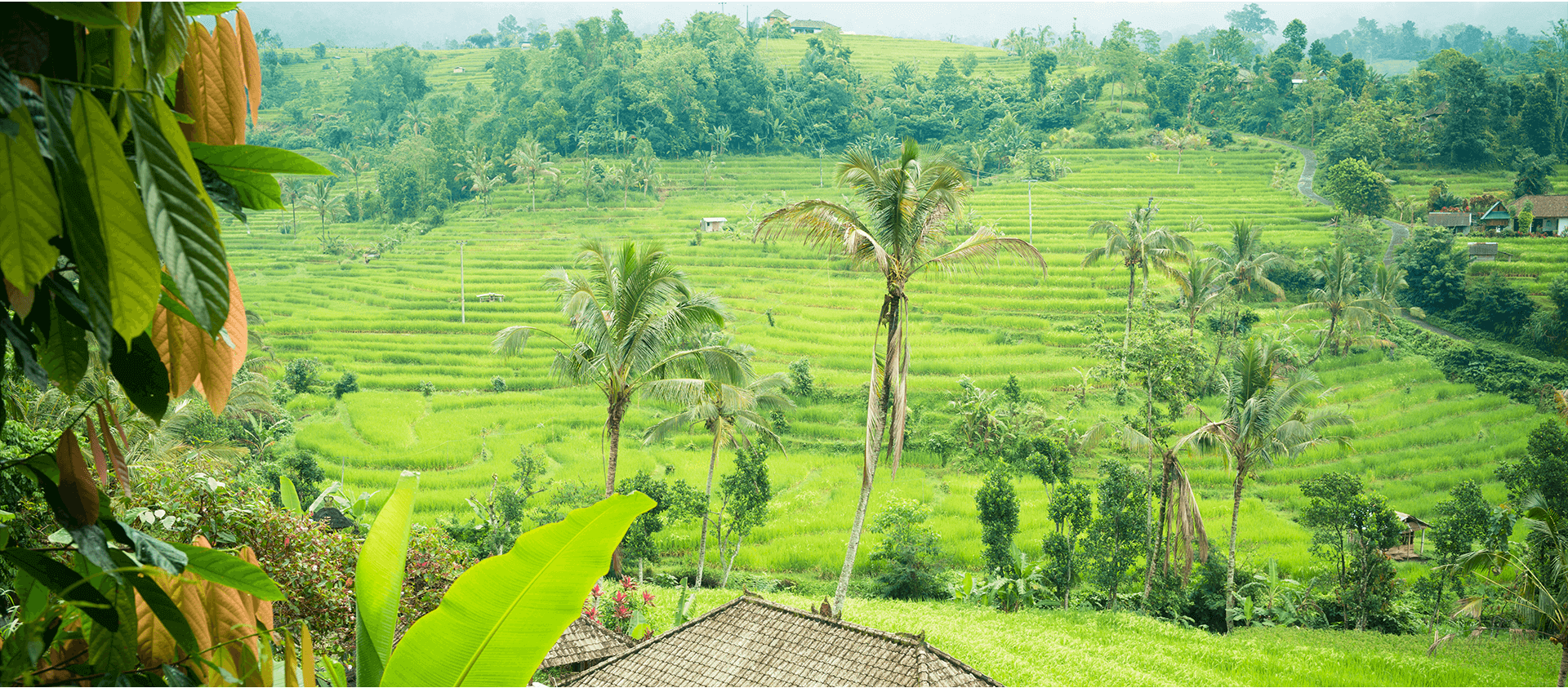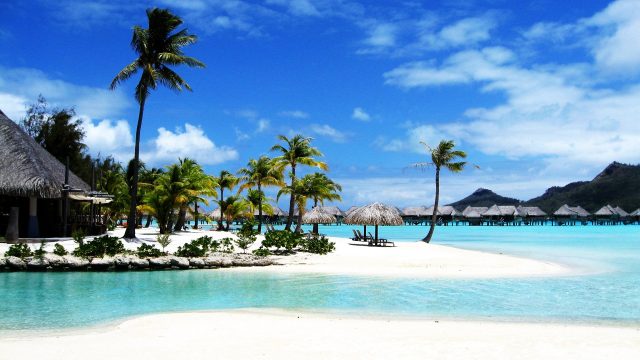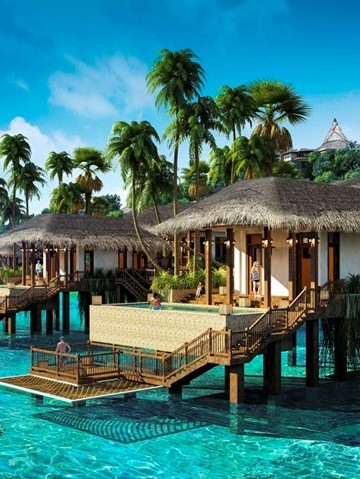
Overview
Although Myanmar has two distinct seasons – dry and wet – you can visit the country throughout the year. That being said, at the peak of the wet season some regions become inaccessible and some, such as Ngapali Beach, close altogether, in preparation for the high winds and heavy rainfall that batter the coast annually.
Like much of South-East Asia, Myanmar's dry season runs from October through to May, and the wet season from May/June through to early October, when the south-west monsoon starts to blow. Within each season there are variations in temperature, with the dry months leading up to the wet season (March and April) and the early wet season (May and June) usually being the hottest of the year when temperatures can reach astronomical highs.
The colder months follow the end of the rains, from October to December/January, when it is cool in the foothills and highland areas, especially at night. The driest regions of the country, avoiding much of the annual rain, are the plains surrounding Bagan and Mandalay, which remain relatively dry aside from the odd heavy downpour, all the way through to August.
As you might expect, temperatures throughout the country are greatly affected by altitude, and therefore the hill stations, lakes and Himalayan foothills are far cooler than the southern lowland and coastal regions. As a general rule, the north, upper central and eastern regions are at a higher altitude than those in the west, lower central and south, where humidity is higher and temperatures in excess of 40°C are not uncommon during March and April.
The very best months to visit Myanmar are from November to February, although this is also the busiest time, when securing accommodation can become problematic.
Many experienced travellers often consider the ‘mid-season’, either side of this peak period, as the best time to visit as the weather is still generally very good (albeit ‘cooler’ in the months preceding and hotter in the months following the peak season) and crowds are far more minimal. Members of the Selective Asia team often visit in October and find the balance to be absolutely perfect – and yes, they do tend to still return with very enviable tans!
Throughout the country, in all but the hottest months of the year, it is often advisable to have a jumper or fleece for the evenings, when there is a tendency for it to get quite cool.
Like much of South-East Asia, Myanmar's dry season runs from October through to May, and the wet season from May/June through to early October, when the south-west monsoon starts to blow. Within each season there are variations in temperature, with the dry months leading up to the wet season (March and April) and the early wet season (May and June) usually being the hottest of the year when temperatures can reach astronomical highs.
The colder months follow the end of the rains, from October to December/January, when it is cool in the foothills and highland areas, especially at night. The driest regions of the country, avoiding much of the annual rain, are the plains surrounding Bagan and Mandalay, which remain relatively dry aside from the odd heavy downpour, all the way through to August.
As you might expect, temperatures throughout the country are greatly affected by altitude, and therefore the hill stations, lakes and Himalayan foothills are far cooler than the southern lowland and coastal regions. As a general rule, the north, upper central and eastern regions are at a higher altitude than those in the west, lower central and south, where humidity is higher and temperatures in excess of 40°C are not uncommon during March and April.
The very best months to visit Myanmar are from November to February, although this is also the busiest time, when securing accommodation can become problematic.
Many experienced travellers often consider the ‘mid-season’, either side of this peak period, as the best time to visit as the weather is still generally very good (albeit ‘cooler’ in the months preceding and hotter in the months following the peak season) and crowds are far more minimal. Members of the Selective Asia team often visit in October and find the balance to be absolutely perfect – and yes, they do tend to still return with very enviable tans!
Throughout the country, in all but the hottest months of the year, it is often advisable to have a jumper or fleece for the evenings, when there is a tendency for it to get quite cool.



.jpg)
.jpg)
.jpg)
.jpg)
.jpg)
.jpg)
_.jpg)
.jpg)
.jpg)
.jpg)
.jpg)
.jpg)
.jpg)